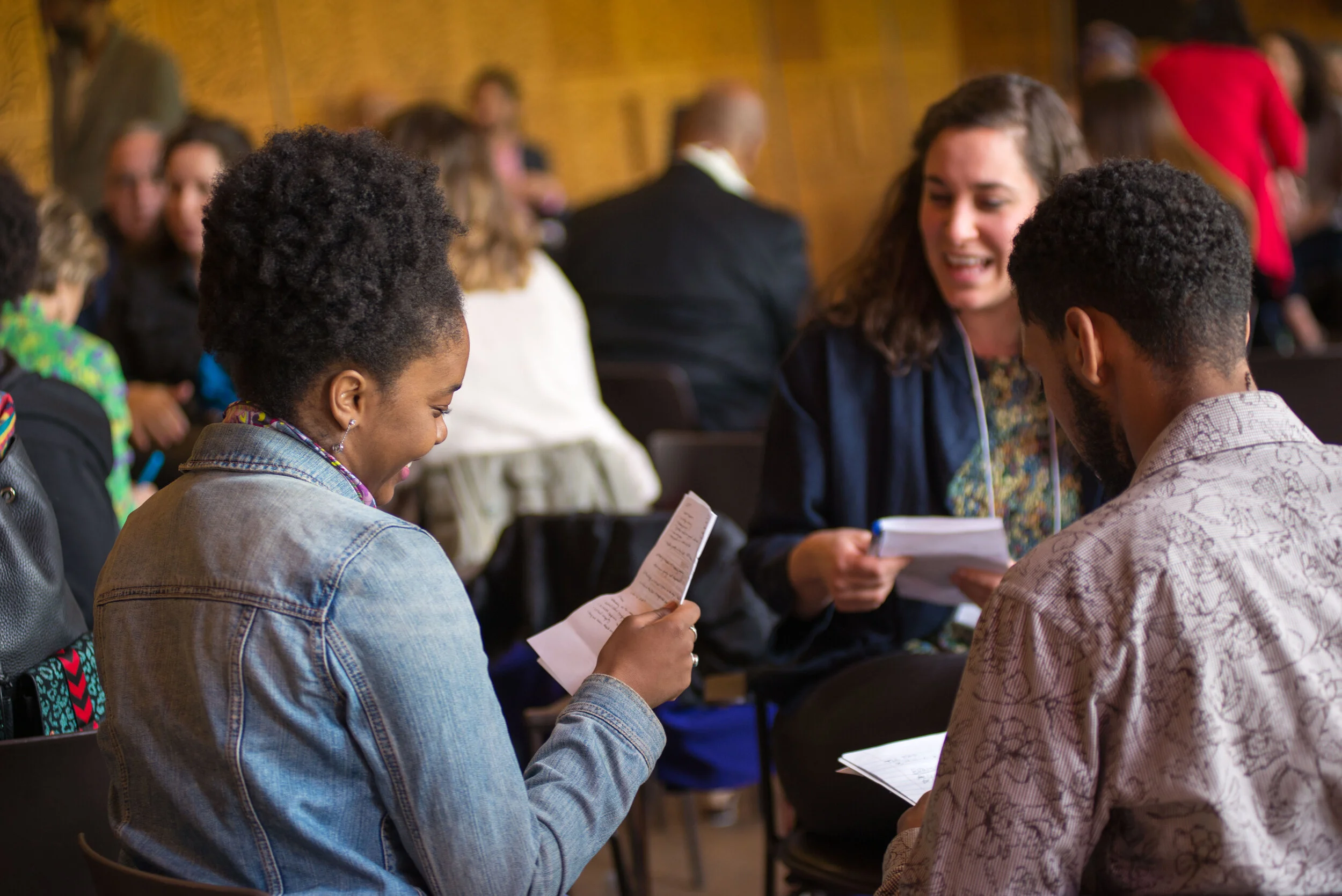Money Out the Door: What Can We Learn from a Progressive Funder’s Recent Grants?
/photo: arindambanerjee/shutterstock
The Surdna Foundation is a $1 billion progressive grantmaking outfit known for punching above its weight when it comes to funding emerging leaders and the next big ideas. Which is why we pay a lot of attention to its strategies and leadership. What we don’t do so often, though, is sift through the details of where Surdna’s grant money actually goes. So here’s a look at its recent third quarter grants.
From July to September, Surdna gave about $3 million in grants to 15 organizations. The foundation has a strong social justice bent, which was apparent in these most recent grants. The $3 million went to three main areas—building strong local economies, cultivating sustainable environments, and nurturing thriving cultures.
Grants to foster strong local economies went mostly to national organizations positioned to lead countrywide networks or to back research. Camelback, a venture based in New Orleans, received money for its support of entrepreneurs of color. Similarly, Project 500 in Washington, D.C., got funding for a national accelerator that works with businesses ready for investment and scaling led by women and people of color.
The Economic Policy Institute in D.C. was also a part of the cohort. The think tank received funding for its efforts to launch a network to create economic opportunities in the South. PolicyLink, which is based in Oakland, California, got support for its network of municipal leaders. The network encourages leaders to support equitable development and policies that promote inclusive local economies.
Grants to promote sustainable environments had a more local focus. The funding went to support several organizations in Atlanta, D.C., Little Rock, Arkansas, and New York, with a heavy emphasis on New York. Many of the organizations focus on environmental and climate justice, with emphasis on organizations in low-income communities and communities of color.
ALIGN: The Alliance for a Greater New York works to organize people of color around economic and environmental justice. Similarly, the New World Foundation, also in New York, received support for its Climate Action Fund, which is building resilience to climate change in poor communities and communities of color.
Good Old Lower East Side, also received support to promote community-led planning for development in New York. The goal is to promote more economically equitable and environmentally sustainable land use.
Project South, which is based in Atlanta, got funding to gather and train more than 300 people on environmental and climate justice issues in the south through its #SoutherPeoplesPower organizing tour.
In D.C., the National Black Food and Justice Alliance received funding to promote sustainable use and ownership of land and to increase the economic benefit for historically underserved landowners.
The last set of gifts backs thriving cultures. Surdna gave grants mostly to organizations that work to include underrepresented voices in art. Grants to organizations as part of this funding stream were all listed as “closeout support.” The foundation announced in September that it’s refining its strategy. According to the funder’s website, thriving culture grants will work to “support the creation of new creative works, translate racial justice strategies generated by artists, culture-bearers, and designers, and connect artists and their work to larger movements to advance equity.”
Surdna awarded these grants from July to September. In August, the foundation announced Don Chen would take over as its next president. This set of grants demonstrates why Chen’s background in urban development and social justice make him a good fit for the foundation.
Chen hailed from another progressive powerhouse in the funder world, the Ford Foundation. At Ford, he oversaw the Just Cities and Regions team. The team led the foundation on urban development strategies to reduce poverty and enhance economic opportunities. The goal was to make sure communities had a say in how their neighborhoods were developed, and to ensure that residents could stay put without fear of violence or displacement.
It’s easy to see the similarities between Chen’s past work and Surdna’s third-quarter gifts, especially grants to promote sustainable environments. Those grants in particular went to organizations that emphasized including underrepresented voices in sustainability work.
When Chen was tapped to lead the Surdna Foundation, he cited the foundation’s progressive track record and reputation as a leader in its field as his reasons for accepting the offer.
“It has a reputation for punching above its weight, for being a first mover, for really making bets on promising individuals, promising leaders who are just starting out,” Chen said. “I think that’s what’s particularly exciting to me, all of those characteristics.”
With Chen at the helm and his commitment to funding the next big thing, it’s worth keeping an eye on where Surdna is heading.
Editor’s note: A correction was made to this article to reflect that Surdna is continuing its thriving cultural grantmaking with a refined strategy.































